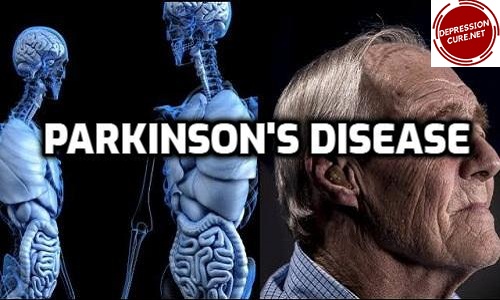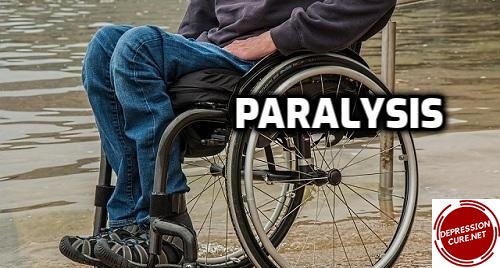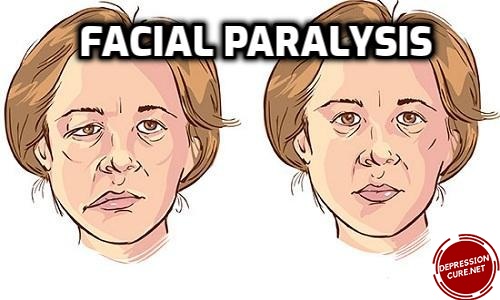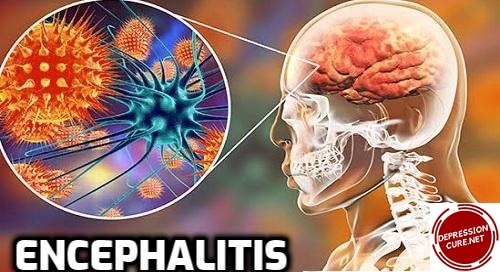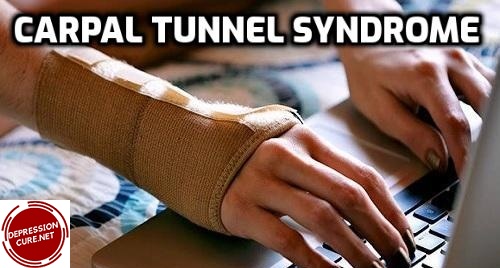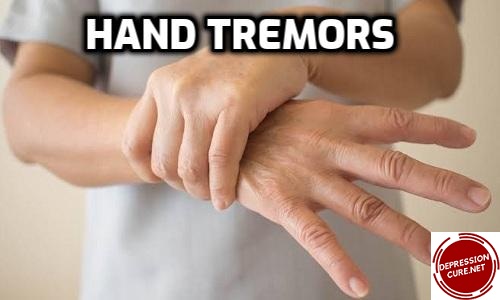Parkinson disease
What is Parkinson disease? Parkinson disease is a fast-spreading disorder of the nervous system that affects your movements. It develops slowly. The disease sometimes starts with tremors occurring in only one hand. However, when tremor becomes the most prominent sign of Parkinson disease, the disorder also causes stiffness or slow movements. In the early stage … Read more

